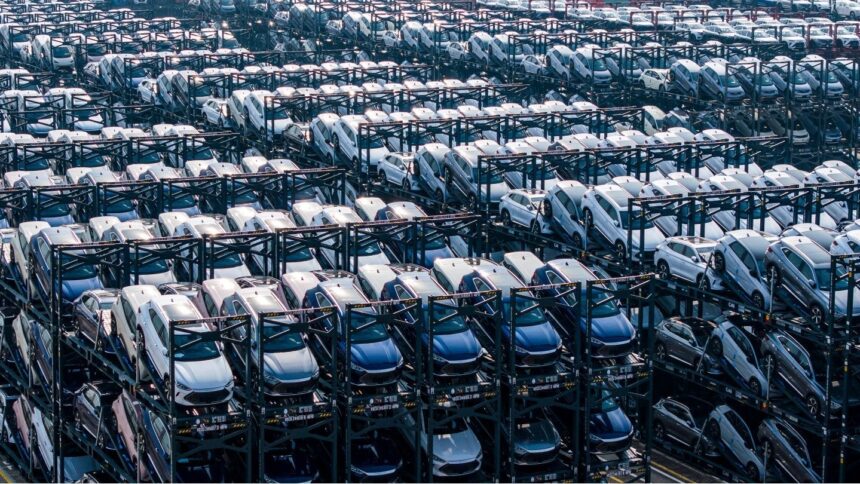US President Trump’s latest tariffs on foreign cars are set to have a direct impact on M&A activity within the industry, according to an analyst speaking to Just Auto.
Sabine Schilg, VP and analyst at virtual data room provider Ideals, said the latest trade tariffs will negatively impact the automotive sector and the M&A landscape, with a need for strategies to adapt to navigate the rapidly changing business landscape.
President Trump’s latest tariffs on foreign cars are set to have a direct impact on M&A activity within the industry,” she says.
Schilg notes that the global automotive sector already operates in a difficult geopolitical environment with deals in the space hitting a twenty-year low in 2023.
“While the door for further partnership talks is still open, the collapse of the high-profile Honda-Nissan merger is a clear signal of pre-existing challenges, raising doubts about the stability of automotive mergers and appetite for large-scale consolidation,” says Schlig.
Moreover, this week’s expected announcements from the White House could prove to be a further hammer-blow for carmakers.
Schilg maintains that companies need to adapt fast and consider how the industry will restructure in the new trading environment. “If international players are to survive, they may have to depend on future dealmaking to circumnavigate protectionist measures,” she says.
She also suggests there are lessons that European companies can learn from the Chinese, who have been notably active in deals focused on market access throughout the automotive supply chain.
“The tactic of partnering through strategic investments with overseas manufacturers and distributors is already being explored by Chinese EV firms looking to establish a foothold in Europe,” says Schilg.
“European automakers could seek to do the same, capitalizing on any future relaxation of US competition regulations to essentially buy access to the world’s most lucrative market.
“In this rapidly evolving landscape, the ability to navigate these shifting regulatory waters will likely determine the future trajectory of the global car trade, as companies seek innovative strategies to stay competitive and avoid what increasingly appears to be an existential threat to their way of doing business.”
Sign up for our daily news round-up! Give your business an edge with our leading industry insights.







